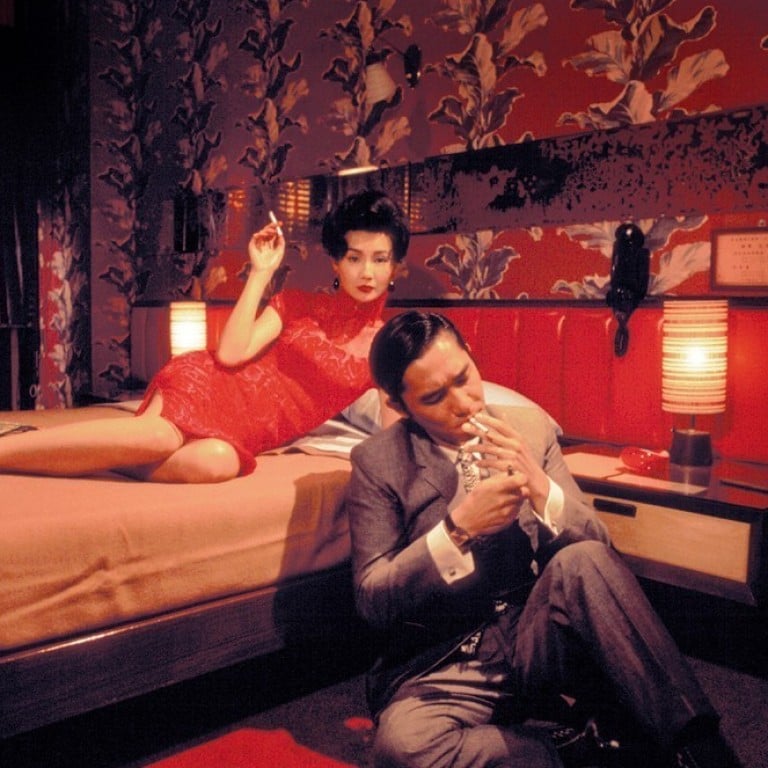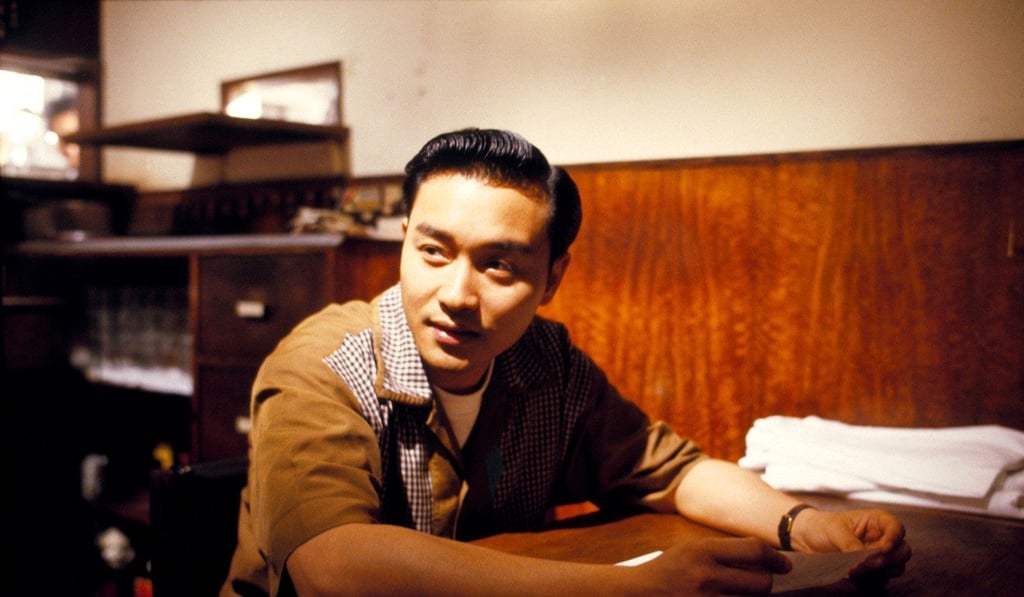5 things we know about Wong Kar-wai’s new film, ‘Blossoms’

The Hong Kong director, known for hits including ‘Chungking Express’, says his first new film in six years will tie-in with 2000’s ‘In the Mood for Love’
It’s been nearly six years since Chinese director Wong Kar-wai’s elegiac The Grandmaster came to cinemas and swept the Hong Kong Film Awards – winning in a record-breaking 12 categories.
The years since have been a frustrating time for Wong. He ended up merely producing See You Tomorrow, starring previous collaborators Tony Leung Chiu-wai and Takeshi Kaneshiro, rather than directing it.
Then plans for a Gucci biopic and a television series for the mainland Chinese production company, Huanxi Media Group, both came to nothing.
However, the disappointment seems to be at an end, with Wong, 60, finally confirming details of his next film.
Speaking at the Hong Kong Screenwriters’ Guild, the director of 1994’s Chungking Express revealed his new film, called Blossoms, and that he has been working on the screenplay for four years already.
Check out what else we know …
1. Film will be Wong’s fourth set in the 1960s
